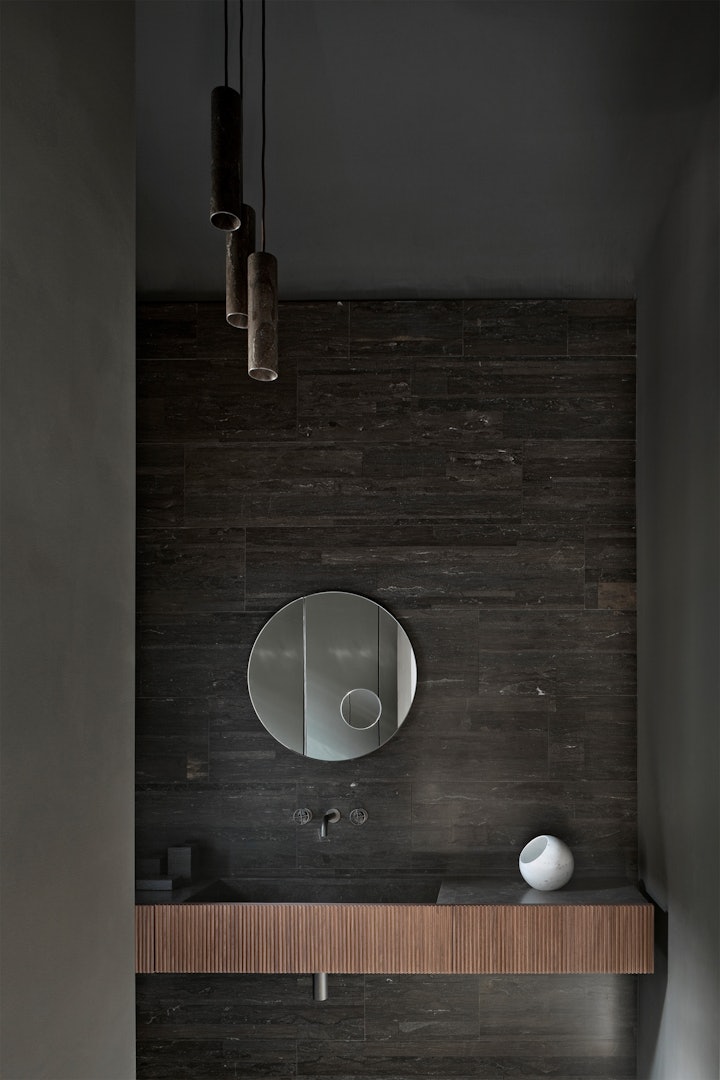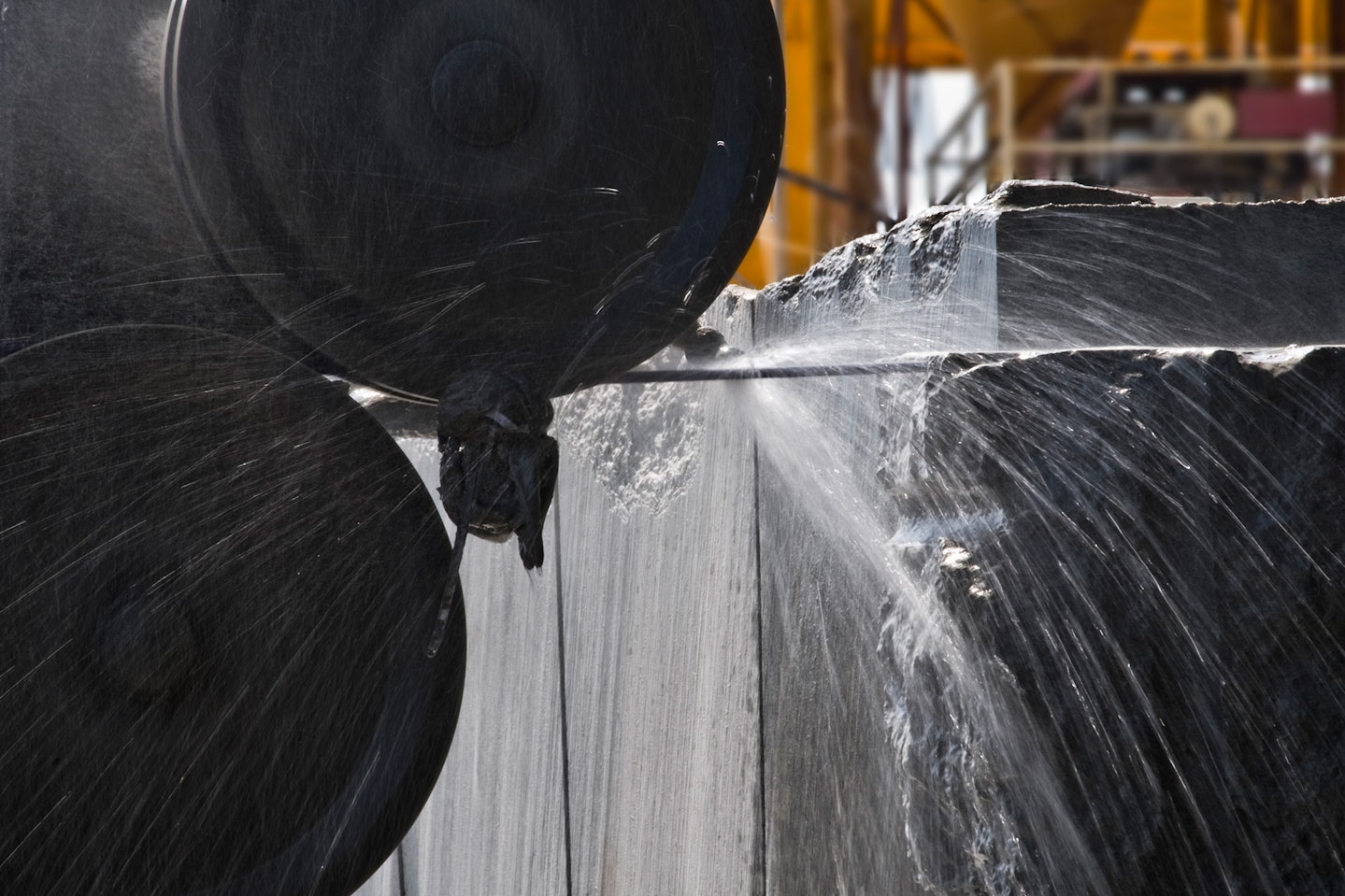Sustainability statement
03.2022
Stone has always been one of the more environmentally-friendly products available
Salvatori started to think about sustainability in 1975. We had found that the fine dust created when cutting stone was mixing with water and running into rivers nearby. There it would settle, preventing the plant life on the riverbed from photosynthesising, depriving fish of food and potentially causing the collapse of the food chain.
Back then, there was little consideration in our industry for the environmental impact of working with stone, and in 1975 we were one of the first to adopt a new filtering system. This had the added benefit that, having completely removed the dust from the water, we could start to recycle the water we were using.
We’ve come a long way since then to today and Lithoverde® – our completely recycled stone surface which launched in 2009. In finding a use for the off-cuts and scraps of stone that would pile up outside our factory, we not only eliminated almost all of the waste that we had been sending to landfill but, having run out of our own waste, we had to use the excess stone of other companies. It was an idea for which we were awarded the Premio dei Premi from the Italian president in 2013.

We still have a long way to go. A growing environmental consciousness in society has brought with it an ever-growing realisation of the many and varied problems we face – both in the race against global warming and in the impact we have on the ecology of the planet and human health. Salvatori believes that companies are uniquely placed to find innovative solutions to these problems – governments are often a lot slower to act – and we have a great opportunity, and a responsibility, to make a difference.
Stone has always been one of the more environmentally-friendly products available.
Hard-wearing and long-lasting – as evinced by the still-standing monuments of ancient civilisations – stone requires no chemical processing or extensive treatment. If you replant a quarry, if you leave the mountain as you found it, then the impact on the environment is minimal compared to the intensive and damaging production required for other materials.
For Salvatori today, the challenge will be to continue in the sustainable heritage of stone production by sourcing other materials and processes that limit our impact on the environment – recycled and recyclable glass, wood from sustainable-forests – and to research natural alternatives to packaging like polystyrene to minimise the use of plastic. Our aim is to promote a culture both within the company and in wider society that places the planet at the centre of everything we do, and in the process become a standard for sustainability in design.
